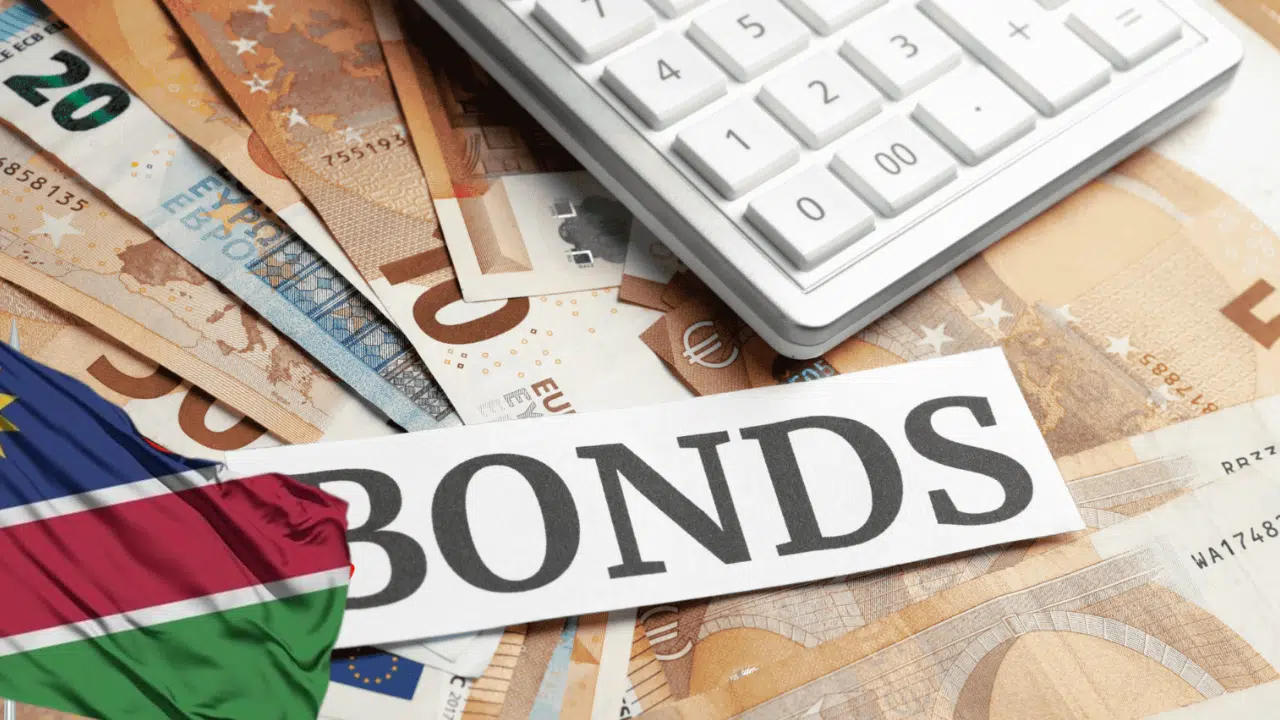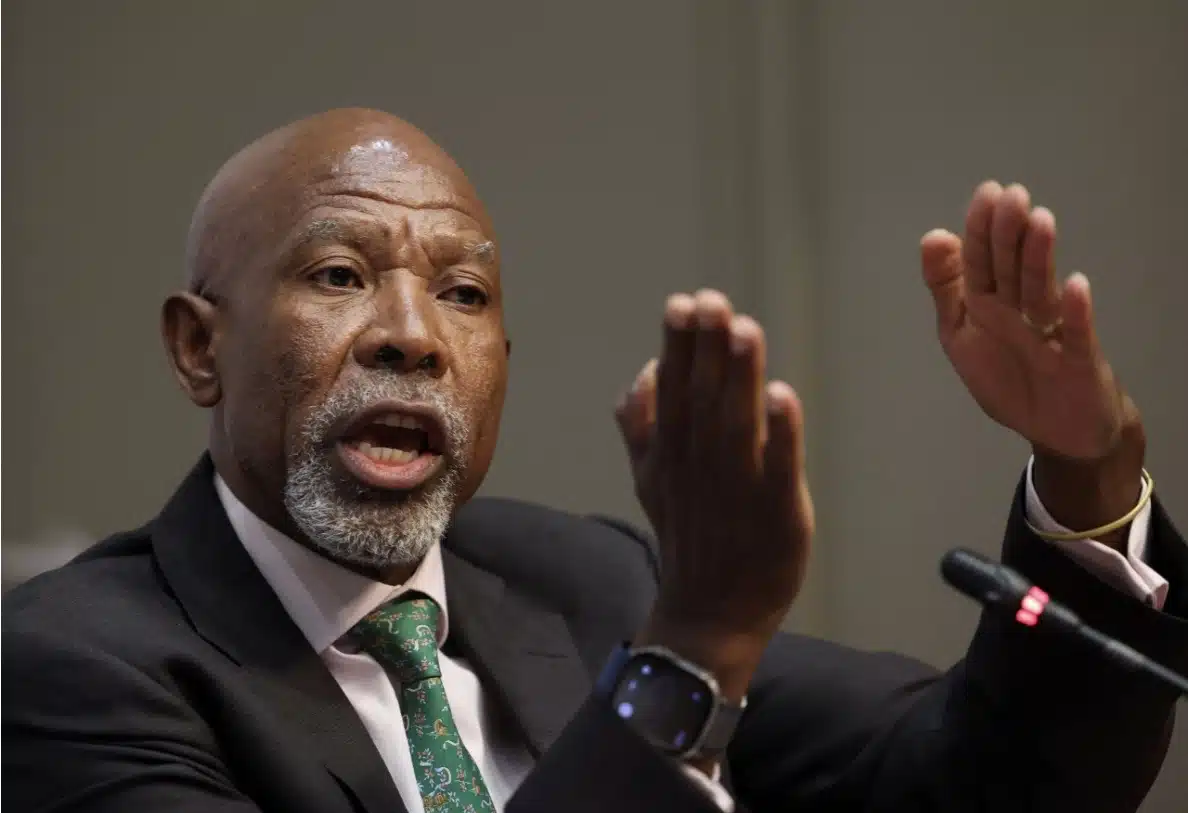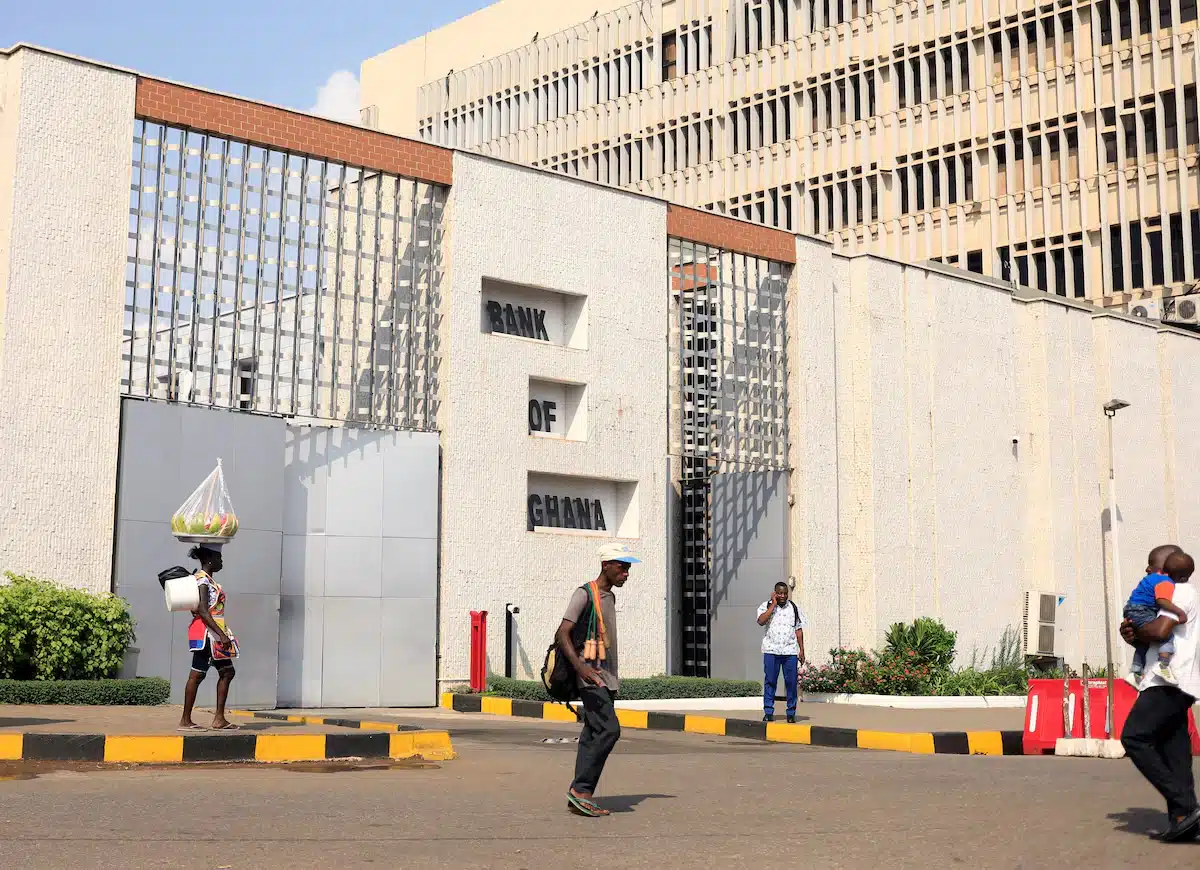Namibia is moving to reassure investors of its financial resilience as the country prepares to settle its largest-ever external debt, a $750 million eurobond issued in 2015 that matures next month.
In a statement seen by Bloomberg on Thursday, the finance ministry said it has appointed three domestic lenders to help raise about $122 million to refinance part of the obligation. The balance will be covered through other government resources.
The ministry, however, did not disclose the names of the lenders or the terms of the refinancing, but suggested that they were eager to assist. More details will be provided once the process is concluded, the letter said.
“Overall, the eurobond 2025 redemption is on schedule, fully funded and firmly aligned with the government’s fiscal strategy,” Ericah Shafudah, the Finance Minister, said. “Namibia stands ready to honour its obligations in a manner that strengthens sovereign creditworthiness and advances the country’s long-term economic development agenda.”
She added that the milestone reflects fiscal discipline and macroeconomic resilience amid challenging global and regional conditions.
Ratings support
The development comes a day after Moody’s Ratings affirmed Namibia’s B1 long-term foreign and local currency issuer ratings with a positive outlook. The global ratings agency also confirmed the B1 rating on Namibia’s foreign currency senior unsecured debt.
Moody’s said the bright outlook reflects improvements in the country’s fiscal profile, growth trajectory and external liquidity buffers.
Namibia’s return to primary surpluses since the fiscal year ending March 2024 has helped stabilise its debt burden, which, if maintained, would set it on a downward path and reduce financing needs.
Fiscal pressures remain
Moody’s cautioned, however, that the country’s fiscal prospects will be challenged by slowing revenues from commodities and the Southern African Customs Union (SACU). It added that the effectiveness of reforms in governance and fiscal management will be key to sustaining momentum.
Continued foreign investment in uranium, gold, hydrocarbons, and renewable energy could help offset the decline in the diamond sector and fortify foreign reserves, the ratings note added.
Namibia’s foreign obligations also include a $270.8 million loan from the International Monetary Fund taken during the Covid-19 pandemic, due within five years.
Observers say the eurobond redemption will test the government’s strategy of spreading risk by drawing partly on domestic capital markets.









